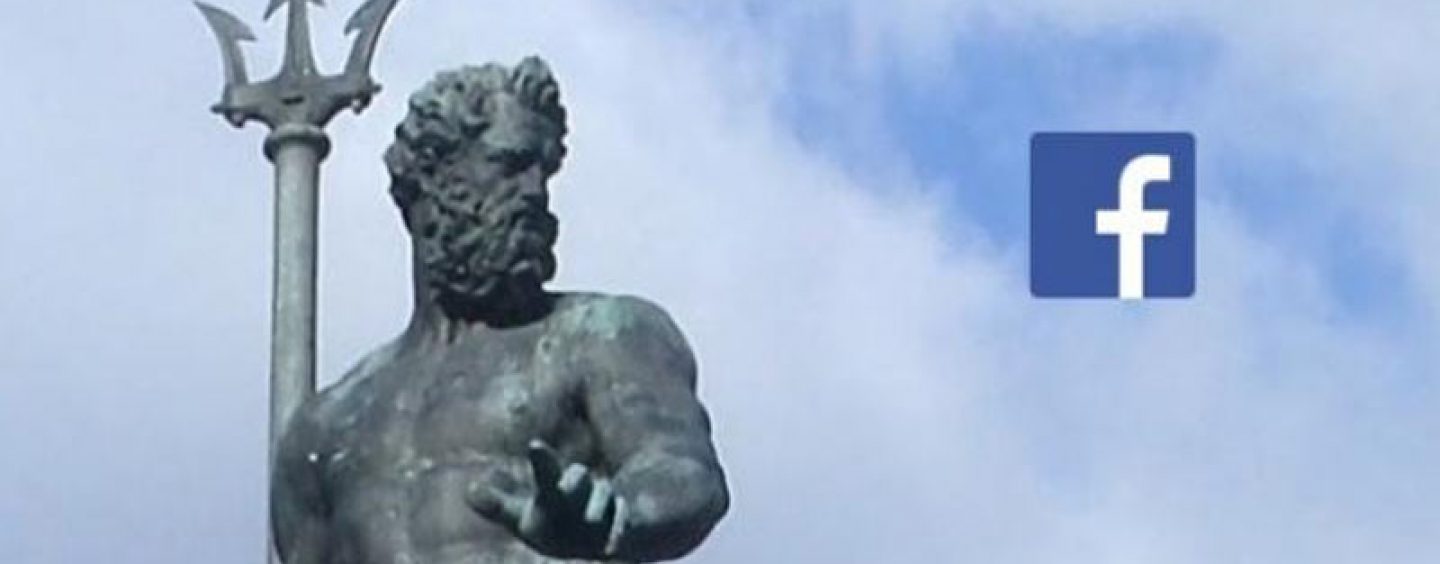Social media platforms are continuously growing. The dynamism they present given that they incorporate the whole world in their views and suggestions further make them delicate tools. People have taken to the social media platforms to encourage, promote, indicate or show their pride in different things including their traditions, culture and heritage and more. This has created a continuous fight, disagreement and censorships by the social media platforms and their users. Facebook social media platform has especially become the focus of the whole world at large in regards to its censorship activities.
Censorship
Censorship refers to assessing the content in this case, images, language and other content posted on Facebook and shared. This is with the aim of suppressing or eliminating parts that arenot suitable or not allowed by the platform; Facebook has the right to censor such material. However, it recently came under scrutiny for censoring the Neptune statue. The statue is a traditional Italian god of the sea and is sculpted naked. The statue sculpted in the 16th century is one of the heritage sites of the Italian community. However, Facebook described it to explicit sexually warranting its removal from the site.
Reason for Use
The Facebook user who put the sculpted image of the Neptune on her page is a historian and an art person. She was studying and used the image to display and illustrate the different views that the maker of the statue is said to have. Her aim was to place the image in her page whose content is related to the statue including the title. Posting the picture was to promote her page on the platform. The image was removed and its use cancelled as it broke one of the privacy policies that Facebook has put in place in relation to the use of images on the platform in relation to advertising.

The Policy
The policy that dictates that images should not show excessive concentrates of a nude person especially body parts, videos or pictures is what has placed Facebook on the receiving end. The policy states that these images cannot be used regardless of the essentiality of it, regardless of whether educational or for artistic purposes. Advertising on facing limits and even any image of plunging necklines are not allowed. Neptune statue is totally nude and it is true that it shows many human parts. Facebook forgets that the same statue is also a work of art that is supported by the whole country otherwise; it wouldn’t be standing in a public place. The censorship resulted in the user, Elisa Barbari posting on the same page of the essentialities of valuing art and even mocks the platform by posting a picture of the statue in a summer dress.
Neptune
This specific statue was created or sculpted in the 1560’s by Jean de Boulogne. He is a famous Flemish sculptor. It is a renowned statue and a symbol that is well recognized and known all over Italy. In fact the sculptor is nicknamed and given the name Giambologna indicating the knowledge people have of the sculptor and what it represents. According to Facebook user, Elisa, in that time, during children graduation ceremonies, the statue would be covered during the graduation walk. She fails to understand how such beautiful work of art can be said to be explicitly sexual and be censored in the process.
Apology
Facebook has indicated and publicly issued an apology for removing the statue. They have also re-instated the content and allowed the user to put the image of the statue and use it. In its defense, Facebook through its spokesperson explained that it was a technical error due to the large amounts of information and advertising adds that are processed each minute. It is normal for an advert to be prohibited by mistake. In fact, the statue was said not to violate or break any of Facebook policies. This is about the third time that they have had to retract a statement or removal of content blocked by the platform policies.

Other Instances
In the year 2016 in September, an iconic and Vietnam War image or picture was blocked by Facebook citing that it broke or did not follow the instituted service terms. This caused a revolt from Facebook users and Facebook was forced to issue a statement apologizing for the action. In addition, they had to update their terms of service to incorporate the image. In October of the same year, a similar situation was witnessed with the retraction of the Swedish video describing and offering more information on breast cancer as the images on it were said to be offensive in nature.
See Also: Key Facebook Privacy Settings You Should Know
Conclusion
Facebook is a widely used platform and users are quite vast. Therefore, it is in its best interests not to limit the usage of the platform by its users. These are dynamic times and people or users might use the platform for different purposes that they see it right. As a platform governed by the users as part of their stakeholders, all facebook and other social media platforms can do is to incorporate the views of the users on specific issues.





